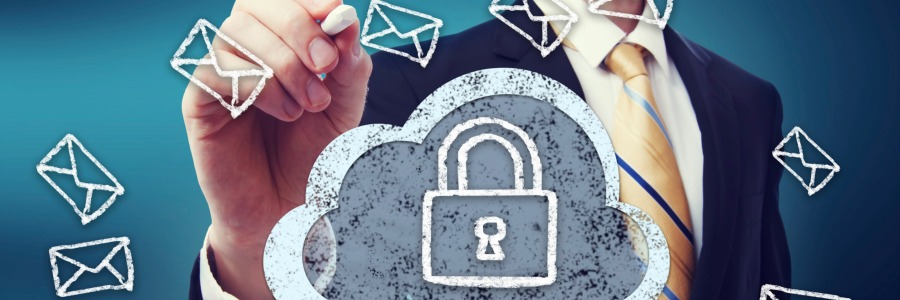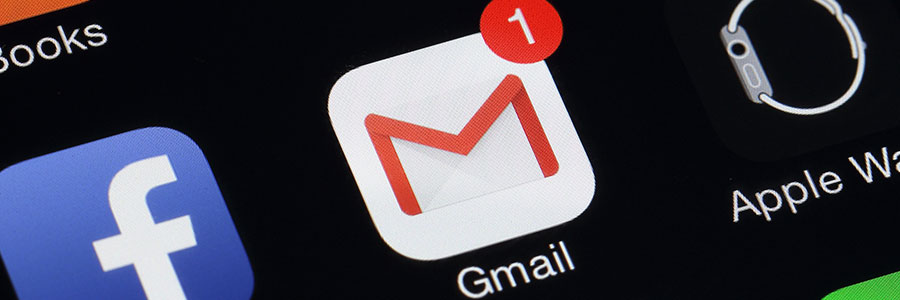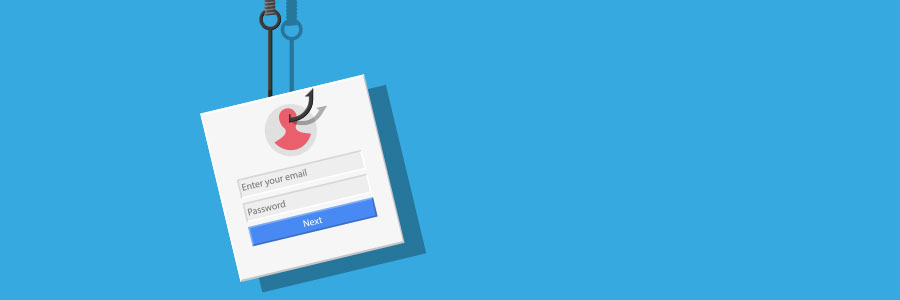Email is one of the best things the internet has given us. We use it to sign up for websites, apply for jobs, make payments, get in touch with friends and family, and many more. However, your email is also one of the platforms hackers can exploit to steal information or launch malware attacks.
Helpful tips for keeping your email safe
How to work from home securely

Encouraging staff to work from home is extremely vital in the midst of the COVID-19 outbreak. By minimizing social interactions and contact risks, you can reduce the spread of the virus. But be warned. Transitioning from a fully managed business environment to a home office can leave you vulnerable to cyberattacks and online scams.
What you need to know about VoIP phishing
Gmail strengthens anti-phishing features
Keeping your email safe
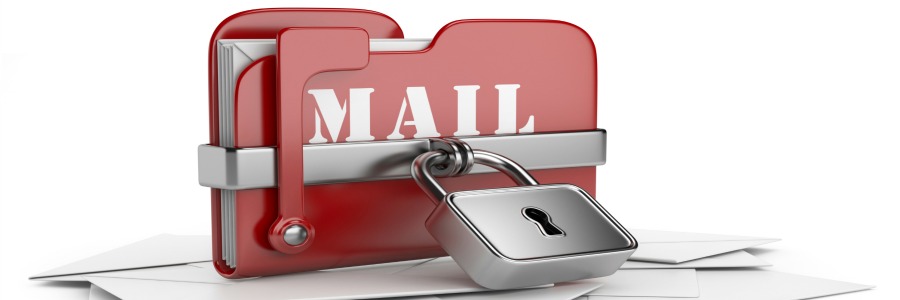
If you think your email is safe from hackers, think again. A lack of sufficient email security measures can result in data theft, unauthorized access to sensitive information, and malware attacks. Here are some tips to secure your email account from unwanted intruders and the many troubles that come with them.
9 Cybersecurity terms you need to know

Cybersecurity is everyone’s responsibility. But you don’t need to be an IT expert to know how to protect yourself from a cyberattack. To help you get started, here are helpful terms you need to know so you’re not left in the dark, whether you’re teaching yourself how to update your anti-malware, updating your systems, or consulting your tech support.
Office 365 beefs up anti-phishing measures

There are plenty of things to love about Office 365. For a small monthly fee, it gives you the latest cloud-based version of Microsoft Office apps and robust communication tools that improve collaboration and productivity. But it’s also an extremely secure platform that can defend against the most cunning phishing attacks.
Don’t let hackers fool you with these tricks
New Office 365 cyberattack on the loose
Ready for tax season phishing scams?
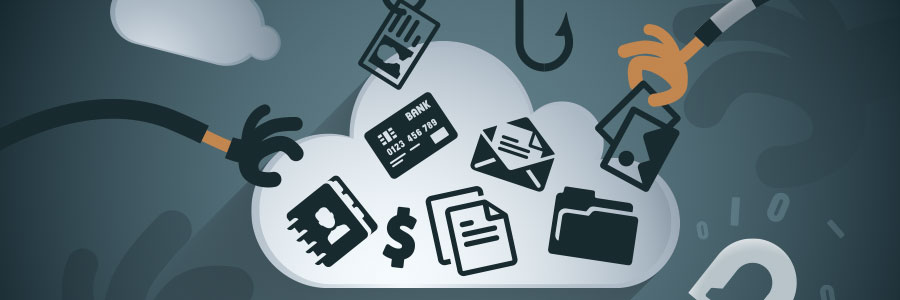
As tax season looms, so do phishing scams. For cybercriminals, this is the ideal time of year to deceive unsuspecting individuals into releasing sensitive private or company information. Businesses must therefore take extra precautions between now and April 17th to avoid hackers from selling your confidential data in the dark web.

